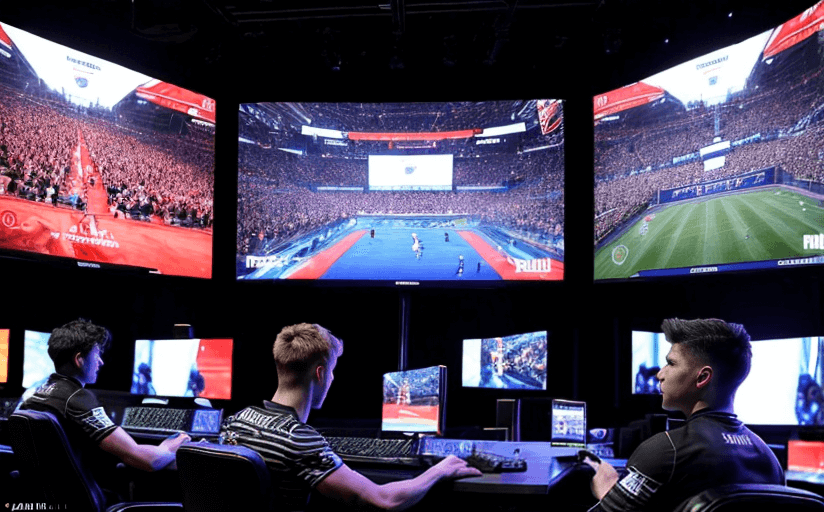Exploring The Meteoric Rise of Esports
Over the past decade, Esports or Competitive Gaming, has soared in popularity, commanding a global audience of millions and forging its place within the international sports community.
The Question of Authenticity in Sports
But can Esports truly be considered 'real' sports? This question, loaded with potential implications, has sparked intense debates with a spectrum of opinions and perspectives.
At one end of the debate are traditionalists, firmly adhering to a classic definition of sports where physical prowess and tangible venues are prerequisites. They contend that the lack of physical exertion in Esports automatically excludes it from being categorized as real sports.
However, a growing number of sports enthusiasts and industry analysts argue that Esports are indeed 'real' sports. Player testimonials and market data support their assertion, highlighting parallels with traditional sports.
Esports: Intensity, Skills and Competition
From an outsider’s perspective, Esports players are 'only' playing a video game. But within the digital arena, it is a fiercely competitive world that demands an intensity of training, a high level of skills, strategic depth, and mental agility.
According to professional player testimonies, Esports training is not a piece of cake. Players spend countless hours honing their skills and strategic understanding of their chosen game. Their training regimen can be as grueling as traditional professional athlete training.
Fan Engagement and Communities in Esports
Esports holds its ground and, in some aspects, even surpasses traditional sports when it comes to fan engagement and the formation of thriving communities. Platforms like Twitch have pioneered an entirely new paradigm of interactive spectating, with live chats that allow viewers to become part of the event.
Impact of Digital Boom And Modern Technology
The advent of modern technology has undoubtedly transformed the sports industry. While traditional sports have largely benefited from technological advancements, it's Esports that has truly emerged as a child of the digital age. From live streaming technologies to social media engagement and data analytics, modern technology has propelled Esports into the mainstream.
A Glimpse into the Future: The Rise and Acceptance of Esports
Expert opinions forecast a continued surge in Esport's popularity and acceptance. The rise of virtual reality and sophisticated gaming platforms are projected to push Esports to new horizons. The sky is the limit, says John Smith, a noted Esports analytics expert. As Esports solidifies its place in mainstream culture, we might be witnessing a revolutionary shift where the distinction between virtual and 'real' blurs.
Implications and Potential Developments
Esports' rise ushers in a myriad of implications. It challenges traditional notions of what constitutes a sport, opens opportunities for new careers and industry sectors, and propels technology into the forefront of entertainment and competition.
All these do not simply suggest that Esports could be a fad. With its steady growth trajectory, high-stake tournaments, and massive fan base, Esports may very well be the future of sports.
















Comments
Leave a Comment